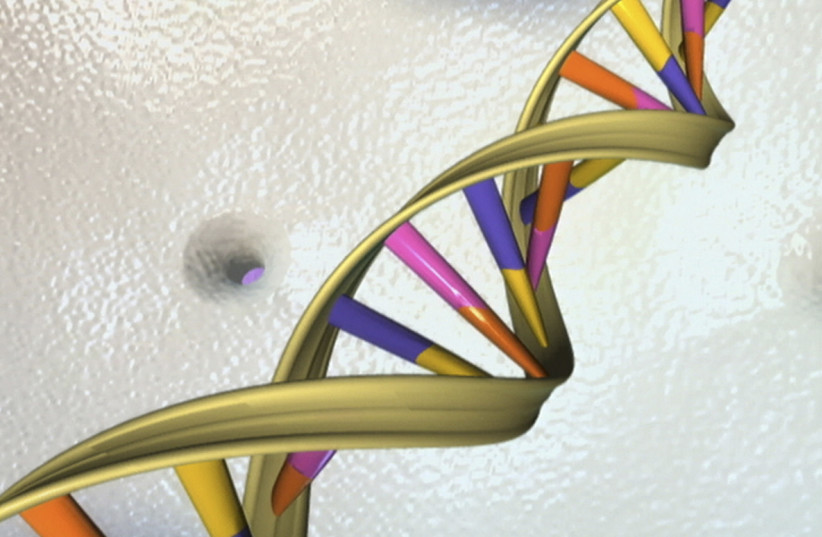Scientists have made a breakthrough in the understanding of which gene variations are responsible for the development of schizophrenia in the affected population according to researchers at the UNC School of Medicine.
The research was originally published in the peer-reviewed journal Cell Genomics on Friday.
The researchers began by studying the entire genome of thousands of individuals and eventually isolated 5,175 unique gene variants which are closely linked to the development of schizophrenia.
They used a technology called genome-wide association studies (GWASs) to identify these variants and their association with the psychiatric disease.
“Our findings not only provide insights into the intricate regulatory landscape of genes, but also propose a groundbreaking approach to decoding the cumulative effect of genetic variants on gene regulation in individuals with schizophrenia,” Hyejung Won, PhD, a senior researcher on the study team said.

Which genes matter?
A large part of the study was separating these gene variations typically carried by those at risk of developing the disease, but which play no part in its expression from those that do.
“Our findings not only provide insights into the intricate regulatory landscape of genes but also propose a groundbreaking approach to decoding the cumulative effect of genetic variants on gene regulation in individuals with schizophrenia.”
Hyejung Won
To make this distinction, they applied a technique known as massively parallel reporter assay (MPRA). This involved introducing the 5000 gene variants previously identified, to human brain cells. They then noted which genes reacted with the brain cells and thus revealed the genes responsible for activating schizophrenia.
The team identified 439 variations as responsible.
This, however, is the first step in a long march as “Schizophrenia is a complex condition that is highly heritable,” Won said. “To find these 439 potentially causal variants is a big step, but we still have a lot of work ahead to figure out the complicated genetic architecture that leads an individual to develop this condition."
The team hopes that the discovery, and those that follow, could help create targeted therapies going forward.
